

According to the 2024 United Nations World Economic Situation and Prospects report, global GDP growth is projected to slow from an estimated 2.7 percent in 2023 to 2.4 percent in 2024 and improve moderately to 2.7 percent in 2025. However, the growth projections for 2024 and 2025 are below the pre-pandemic growth rate trend of 3.0 percent. Economic growth in Africa is projected to remain weak, increasing from an average of 3.3 percent in 2023 to 3.5 percent in 2024. Debt sustainability concerns, stricter fiscal and monetary policies, and the weak world economy will continue to hinder Africa’s development prospects.
Time-of-use pricing in retail electricity markets implies that wholesale market scarcity becomes easily communicated to end consumers. Yet, it is not well-understood if and how the price formation process in retail electricity markets will help to reward the demand for operational flexibility due to growth in intermittent generation. To contribute to this discussion, this paper develops a partial equilibrium model of the retail electricity market calibrated to Chinese data. The paper finds that tariffs in this market may not be significantly suppressed by growth in near-zero costs renewable sources when controlling for flexibility restrictions on thermal generation assets and when a significant curtailment of variable renewable resources exists in the market. In addition, it shows that the price formation process in retail electricity markets which controls for flexibility restrictions on thermal generation while allowing for consumers to respond slowly to price changes is a feasible strategy to reward the demand for operational flexibility. Finally, the paper reveals that while integrating intermittent generation beyond levels which the available storage capacities can accommodate may result in losses to producers, benefits to consumers may offset these losses, leading to overall welfare gains.
According to the World Bank, the Nigerian currency (naira) has depreciated by almost 40% since the beginning of 2023. The depreciation is not only limited to Nigeria. Other African countries' currencies also depreciated, although at a low rate. The top five worst-performing currencies identified by the World Bank are Nigeria (40%), South Sudan (33%), Burundi (27%), the Democratic Republic of the Congo (18%), and Kenya (16%). Nigeria operates multiple exchange rates: the official rate and the parallel rate.
On Thursday, October 19, 2023, CSEA organized a workshop for government and education sector experts and stakeholders on systems thinking analysis of Nigeria's Basic Education System. A first of its kind in Nigeria, the project is in partnership with the World Bank.
This initiative responds to the identified low learning levels of students and prioritizes identifying key misalignments with the most relevant systemic and structural factors in Nigeria’s educational system.
The meeting provided a platform for CSEA research team to provide a thorough diagnosis of Nigeria’s basic education system using a systems thinking approach known as the RISE framework.
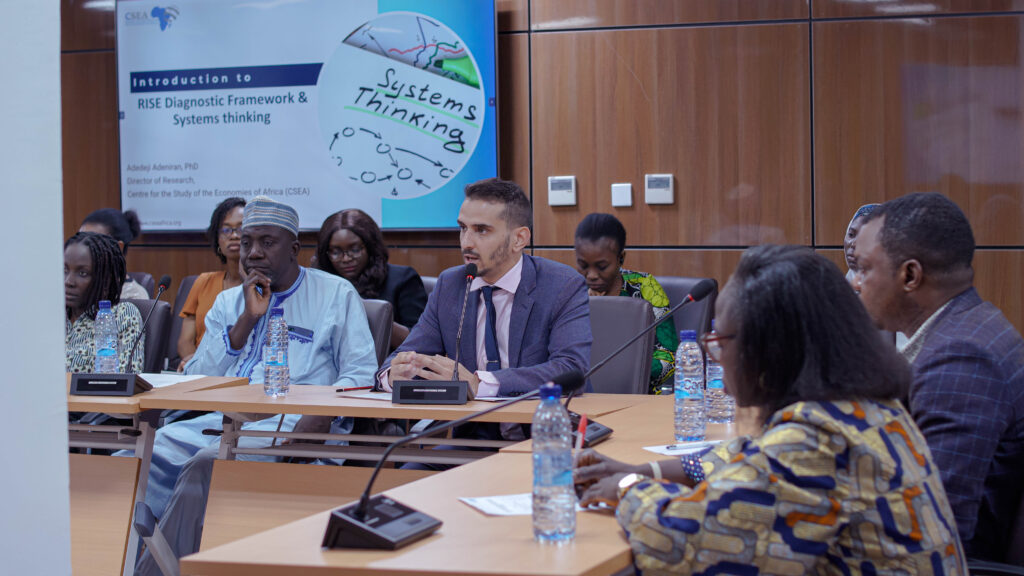
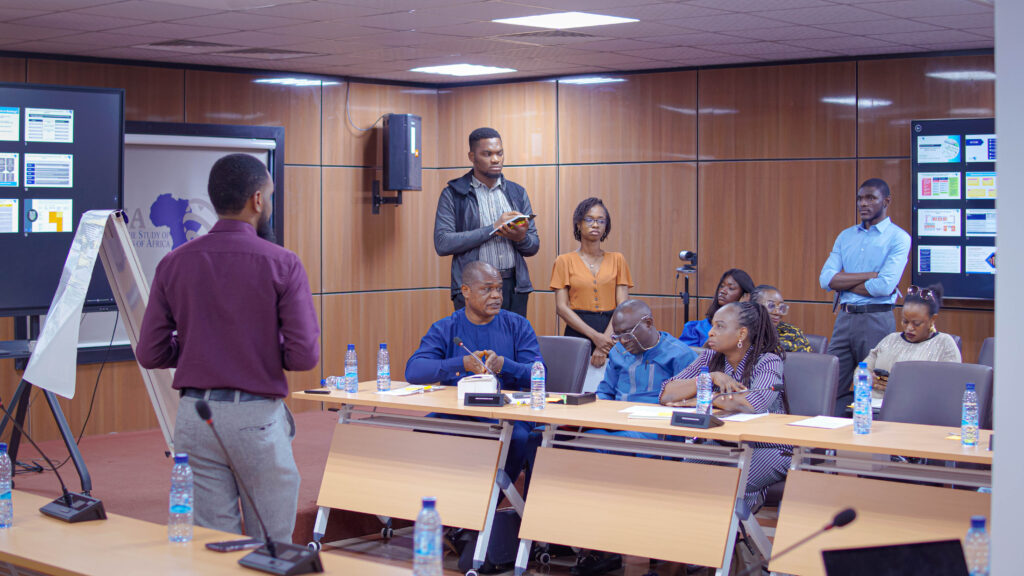
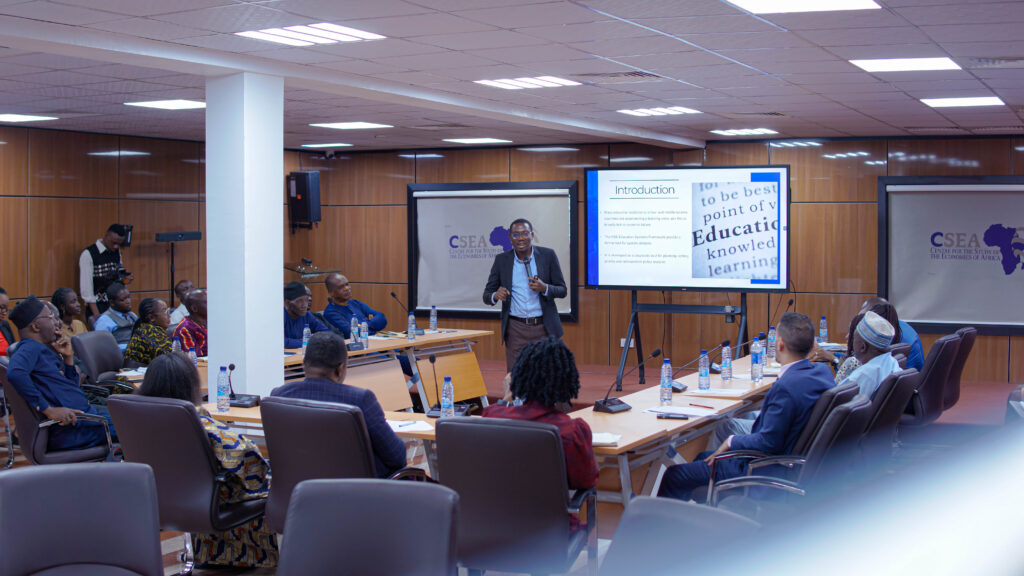
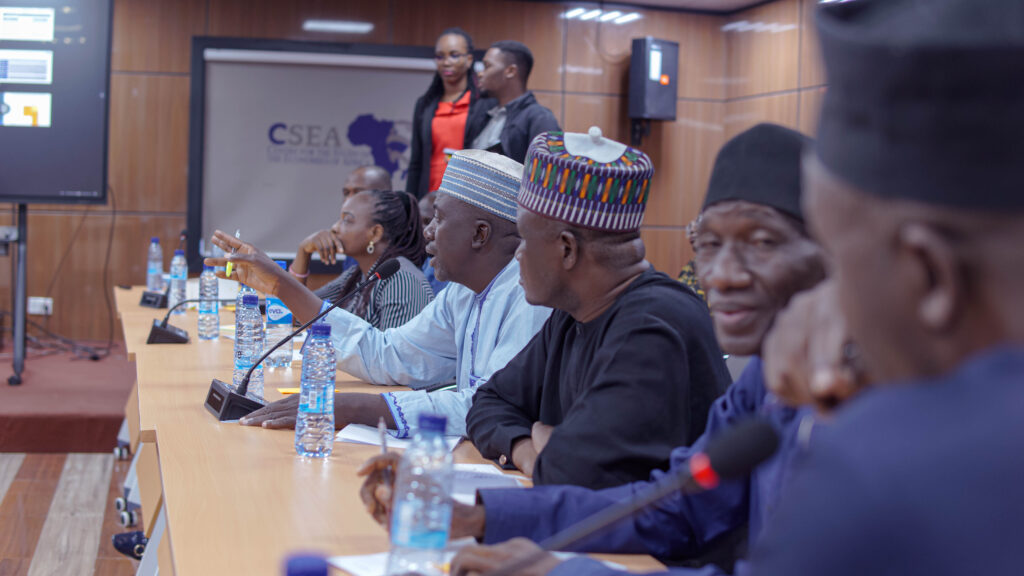
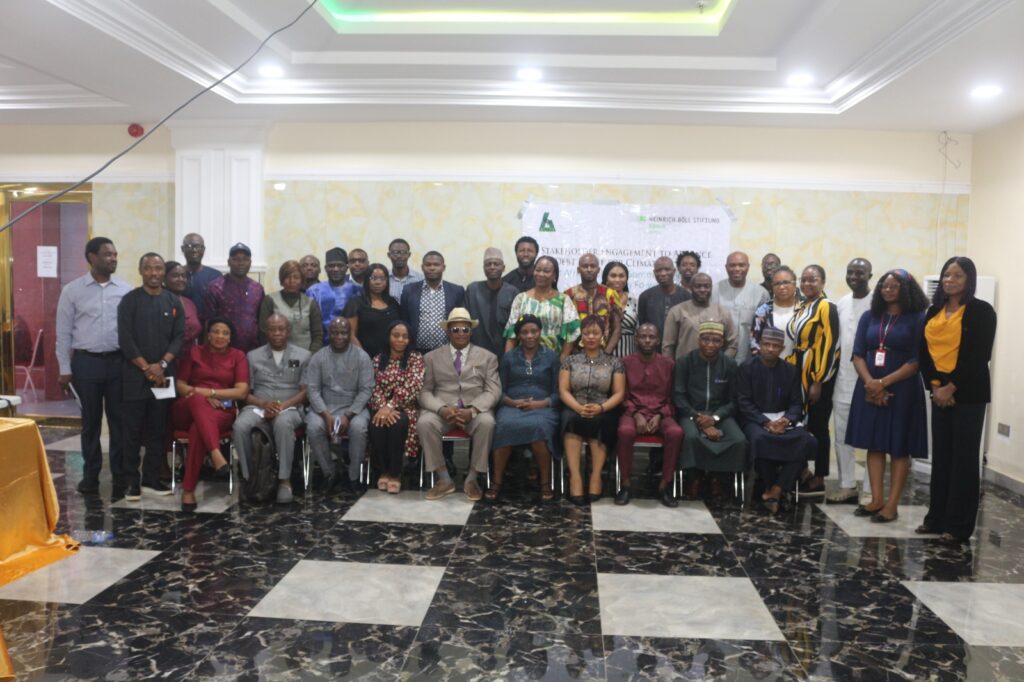
CSEA Communications Fellow, Evelyn Dan Epelle and Research Associate, Oluseyi Aladesanmi, joined other stakeholders convened by the Heinrich Boll Foundation and the African Network for Environment and Economic Justice (ANEEJ) in collaboration with over 55 other CSOs under the umbrella of the Network for Debt, Development and Climate Change (NDDCC), at a Stakeholder Engagement meeting on 16th October 2023 with the theme: "Advancing Debt Relief for Climate Action: Post African Climate Summit Reflections and the Way Forward."
The meeting attracted key stakeholders including government, climate negotiators, National Assembly, CSOs, and media to reflect on the outcomes of the Africa Climate Summit held in Nairobi from 4th to 6th September 2023.
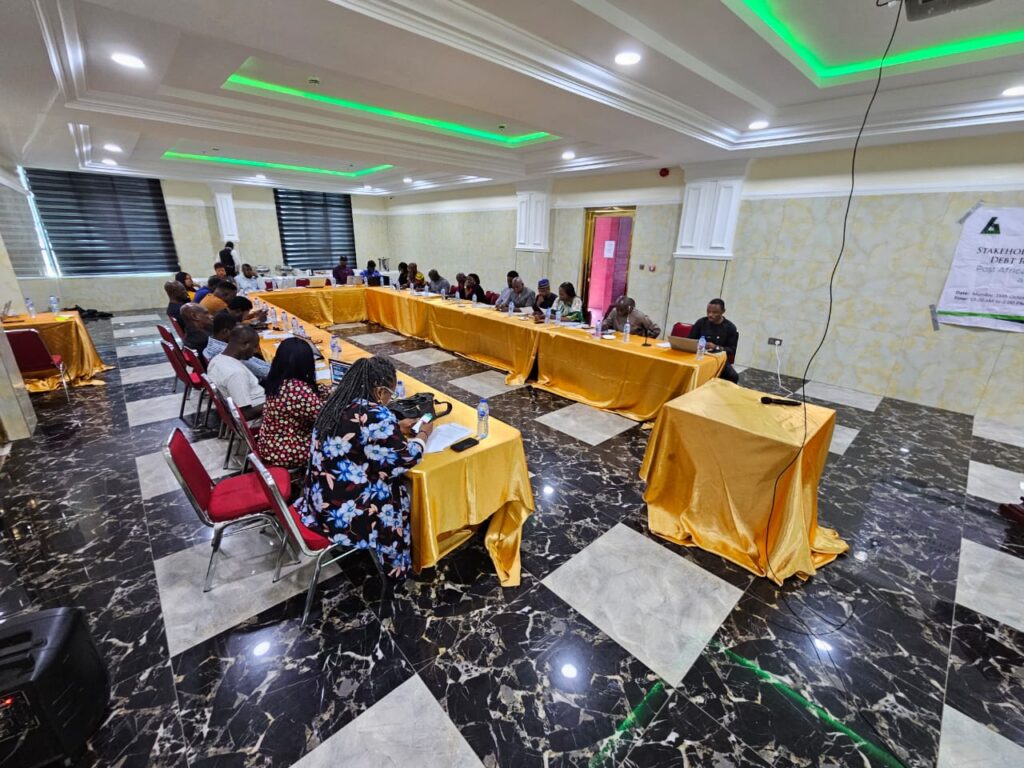

Click to read/download the communique.
